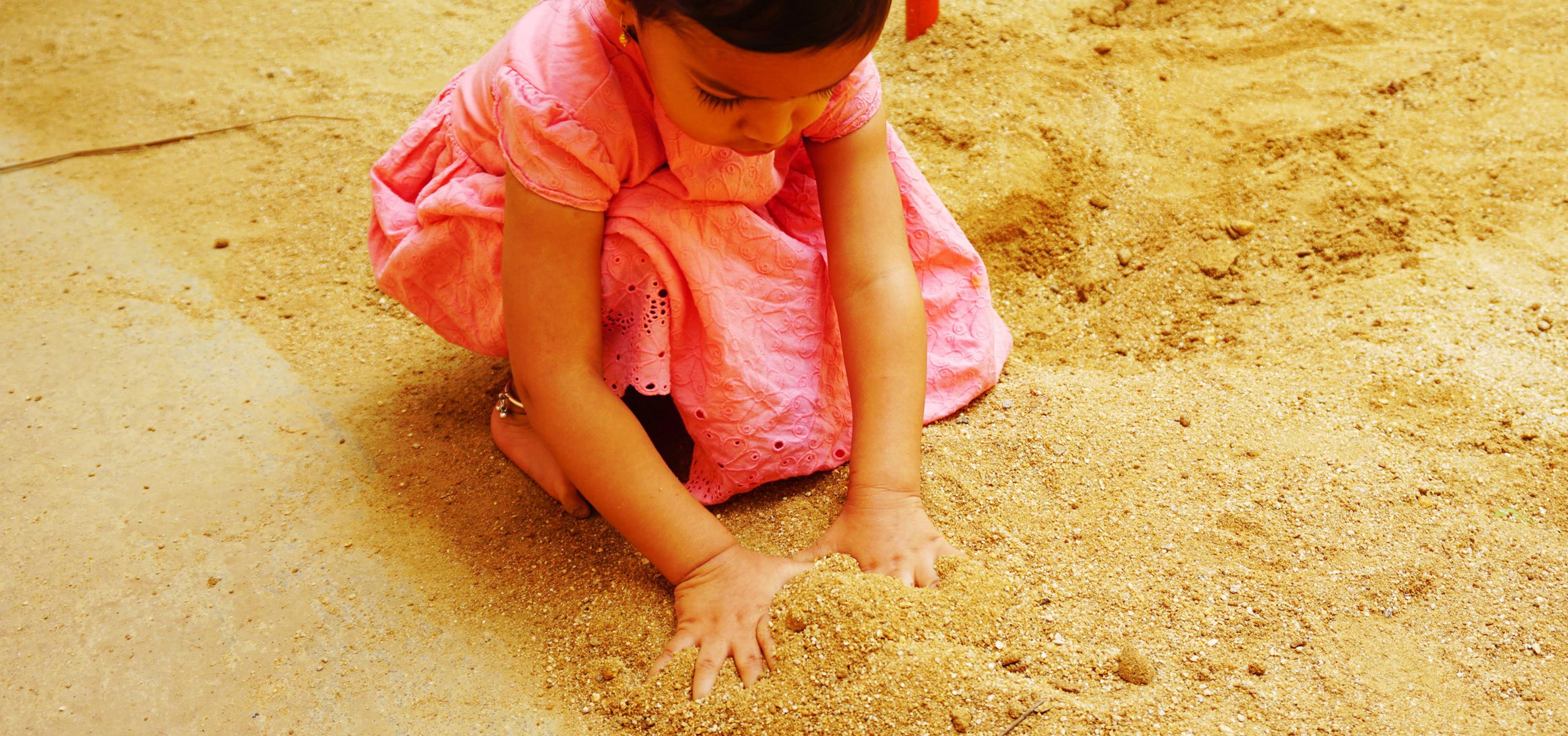The Montessori method is an educational philosophy that emphasises hands-on learning and self-directed exploration.
The Importance of Active Learning
One of the key components of the Montessori method is the use of hands-on learning activities. Montessori educators believe that children learn best when they are able to touch, feel, and manipulate objects in their environment. This approach is based on the idea that the human brain is wired to learn through physical experiences, and that hands-on learning activities help to create strong neural connections in the brain.
Different types of hands-on learning activities used in Montessori environments
Hands-on learning activities in a Montessori environment can take many different forms. For example, children may work with sensorial materials that help them to explore concepts such as size, shape, colour, and texture. They may also engage in practical life activities, such as pouring and transferring liquids, washing dishes, and folding clothes, which help them to develop fine motor skills and gain a sense of independence and self-sufficiency.

Hands-On Learning in Academic Development
Montessori educators also use hands-on learning activities to teach academic concepts. For example, children may work with maths materials that help them to understand concepts such as addition, subtraction, multiplication, and division. They may also engage in language activities that help them to develop literacy skills, such as phonemic awareness, vocabulary, and grammar.
Hands-On Learning in Social and Emotional Development
In a Montessori environment, hands-on learning activities are not just a way to teach academic concepts, but also a way to help children develop important social and emotional skills. When children work together on hands-on learning activities, they learn how to communicate effectively, cooperate with others, and develop a sense of empathy and respect for their peers.
Benefits of Hands-On Learning for Lifelong Learning
The power of hands-on learning in a Montessori environment lies in its ability to engage children in the learning process and to promote active exploration and discovery. When children are actively engaged in their learning, they are more likely to retain information and to make meaningful connections between what they are learning and their own experiences.
Hands-on learning activities also help children to develop important life skills, such as problem-solving, critical thinking, and creativity. When children are given the opportunity to explore and manipulate objects in their environment, they are able to develop a sense of curiosity and wonder about the world around them.
In summary, the Montessori method emphasises the power of hands-on learning as a way to engage children in the learning process and to promote exploration, discovery, and understanding. Hands-on learning activities help children to develop important academic, social, and emotional skills, and to create strong neural connections in the brain that support lifelong learning.

